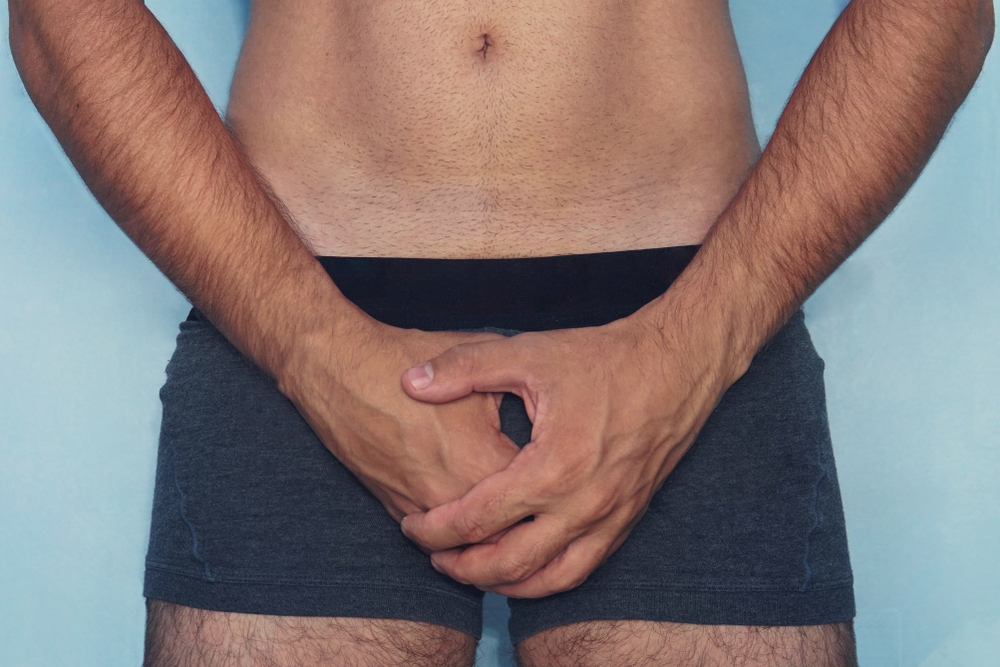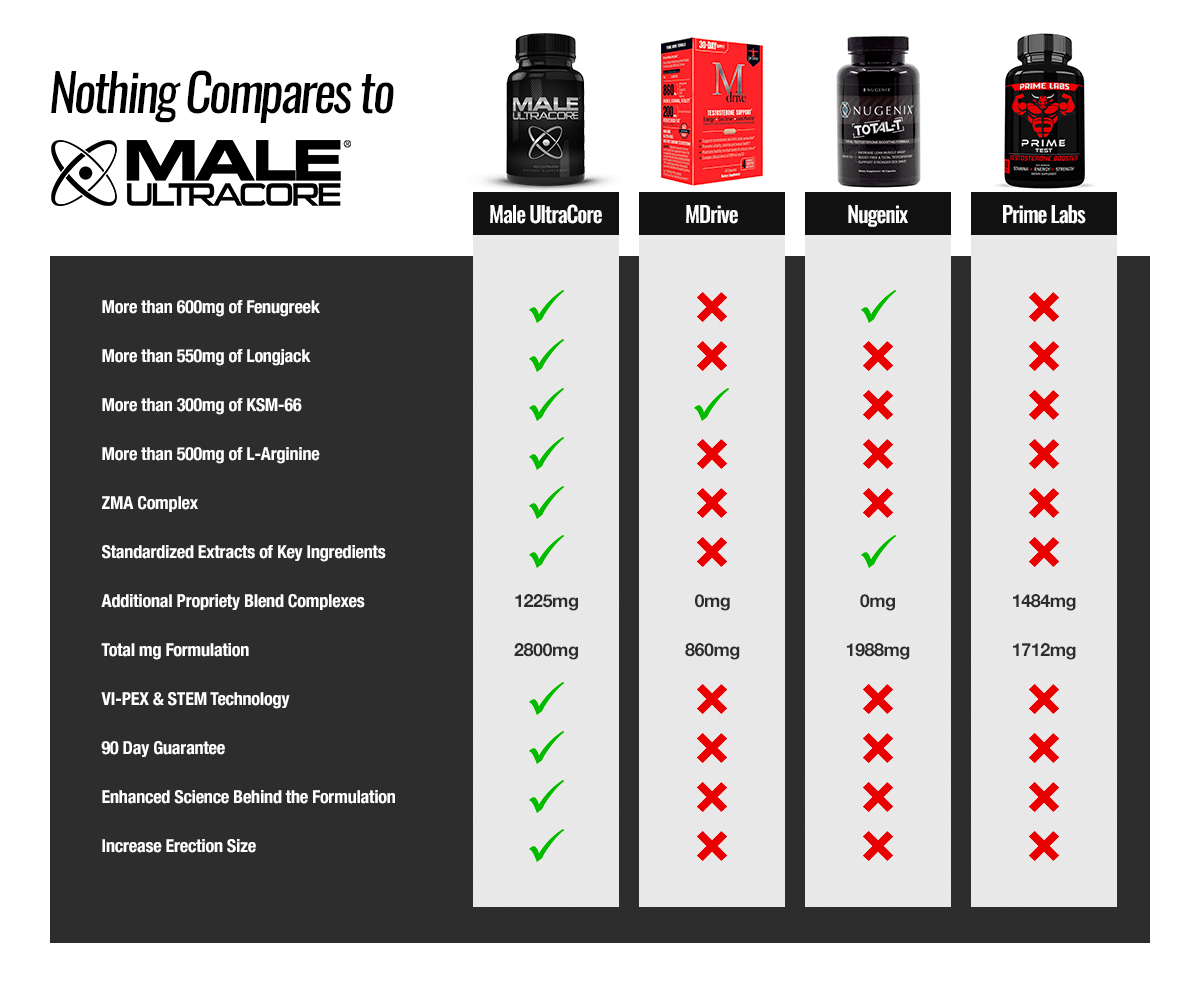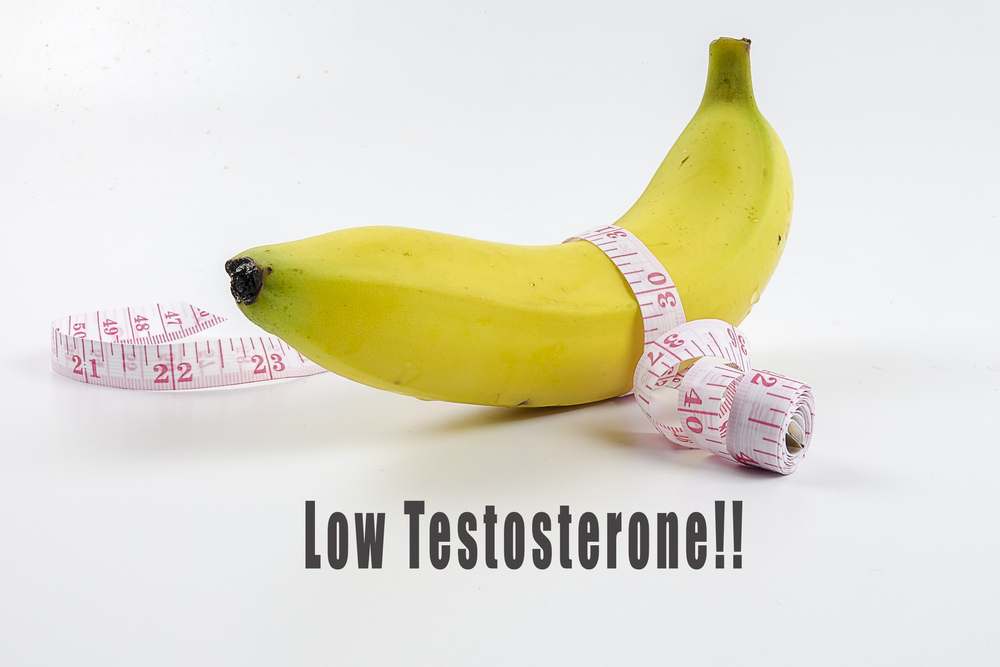Produced in the testes, testosterone is a hormone that plays a key role in many male bodily processes. Known as the primary male sex hormone, it helps in the:
- Regulation of libido or sex drive
- Production of sperm
- Building strong bones and muscles
- Production of new red blood cells
- Development of secondary male features and characteristics
- Distribution of body fat
Unfortunately, there are men who have low testosterone levels because of various factors, and they suffer from symptoms and complications that negatively impact the quality of their lives.
Who are at risk of low testosterone?
According to research, low testosterone can affect anyone but it usually affects about 40% of men who are 45 years and older. And, there are some that have a greater risk than others due to the following factors:
Alcoholism
Men who excessively drink alcohol have an increased risk of low testosterone than men who do not drink or are moderate drinkers. The reason for this is because alcohol contains certain compounds that have a negative effect on testosterone production and other bodily processes.
Drug abuse
Men who use illegal or prohibited drugs are more likely to get struck by low testosterone problems than those that do not. Just like alcohol, these drugs are loaded with compounds that can cause mild to severe damage to the brain, heart, and other vital organs.
Injury to the testicles

Men who suffer from testicular injuries, such as extreme force or trauma or getting kicked or punched, can experience a disruption to the blood flow to the testicles and have an increased risk of low testosterone.
Cancer treatment
Men who have undergone radiation therapy for prostate cancer or testicular cancer are more prone to having low testosterone levels in their bodies because the radiation can damage the nerves in and around the testicles, impairing testosterone production.
HIV
Men who are infected with the Human Immunodeficiency Virus or HIV may suffer from low testosterone if the virus spreads to the testicles and affects testosterone production. If not diagnosed and treated right away, HIV can progress to AIDS and cause more serious harm and even be life-threatening.
Obesity
Men who are obese have too much body fat, and they have higher odds of suffering from a heart attack, stroke, high blood pressure, high cholesterol, diabetes, and other health problems. They are also likely to experience a decline in their testosterone levels.
Old age
Men who are older tend to have lower testosterone levels than the young ones. This is because testosterone naturally declines with age. Usually, testosterone levels in the body peak at around 20 years of age, and begin to gradually decrease by about 1% each year after the age of 30.
What are the signs and symptoms of low testosterone?
The signs and symptoms of low testosterone differ per person, but they usually include:
Reduced sex drive
Testosterone promotes sex drive, so having low testosterone levels in the body can result to a decline in your desire for sex.
Impaired memory and concentration
Testosterone helps in brain function and cognitive skills, so being low in testosterone can make you prone to losing focus and memory loss.
Mood swings
Testosterone helps in mood regulation, so a shortage in testosterone can make you experience drastic mood changes, causing you to become irritable, impatient, and so on.
Muscle loss
Testosterone is key to growing strong and healthy muscles, so having low levels of testosterone in the body can lead to loss of muscle strength and increased risk of injuries.
Bone loss
Testosterone is vital to bone development, so a decline in testosterone levels can make you more prone to fractures and other injuries, and put you at higher risk of osteoporosis and other bone disorders.
Men with low testosterone may also encounter physical changes that include:
Reduced body hair
Testosterone helps in the growth of body hair, so not having enough of it can lead to a decrease in facial hair, pubic hair, chest hair, and other body hair.
Weight gain
Testosterone plays an important role in body fat distribution, so low testosterone can increase your chances of gaining weight and packing more body fat, putting you at risk of high cholesterol, high blood pressure, and other complications.
If not treated right away, low testosterone can lead to serious sexual and reproductive health problems, such as:
Erectile dysfunction

This is a condition in which a man is unable to achieve and sustain an erection for sex. This is common in older men, but can also strike men in their 20s or 30s. It is caused by various factors, including having low testosterone levels in the body.
Infertility
This is a condition characterized by the inability to get your female partner pregnant after years and years of trying. According to studies, approximately 15% of couples fail to get pregnant after a year of engaging in unprotected sexual intercourse. It is caused by different factors, including having low sperm count or poor sperm quality, which can happen if you have low testosterone levels in the body.
How is low testosterone treated?
To treat low testosterone, your doctor may advise you to take testosterone replacement therapy and prescribe you any of the following:
- Intramuscular injections – These are testosterone injections that are injected into the muscle once every two or so weeks.
- Skin patches – These are administered by applying them onto the skin, usually on the arms, abdomen, shoulders, buttocks, and back.
- Pellets – These are administered by inserting them under the skin. Usually, only one has to be implanted every couple of months.
- Gels – These are applied onto the skin on a daily basis.
For your safety, you should obey doctor’s orders. Follow the prescribed dosage, and do not attempt to increase your intake. Doubling or tripling the dose may increase your testosterone levels faster, but it can cause negative side effects that can only worsen your condition.
Increase Your Testosterone Levels with Testosterone Boosters
Male UltraCore is a premium testosterone boosting supplement that is designed to maximize test levels, increase your performance and drive, and give you harder and fuller erections. 





